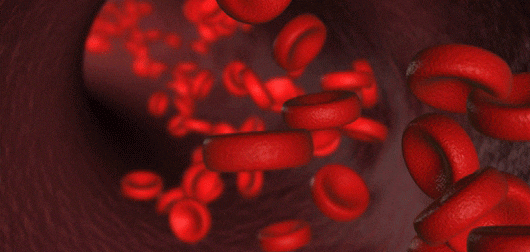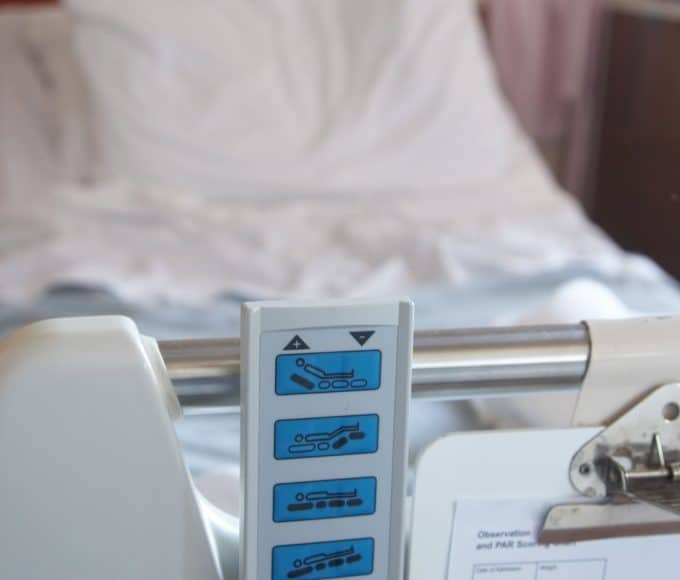 Anticoagulants are effective medications that prevent abnormal blood clotting, but they carry high risks of adverse effects. While dabigatran, or Pradaxa, may be the subject of recent class-action lawsuits, other major anticoagulants are also known to cause serious health problems. Below is more information about anticoagulants, their side effects and natural alternatives.
Anticoagulants are effective medications that prevent abnormal blood clotting, but they carry high risks of adverse effects. While dabigatran, or Pradaxa, may be the subject of recent class-action lawsuits, other major anticoagulants are also known to cause serious health problems. Below is more information about anticoagulants, their side effects and natural alternatives.
Medical Uses
Doctors prescribe anticoagulants for a wide range of medical issues involving blood clot risk. Cases of atrial fibrillation are the most common due to the disorder’s tendency to cause blood clot formation. Deep vein thrombosis is also treated with anticoagulants to prevent loss of tissue and or breakage of large blood clots followed by pulmonary embolism, heart attack or stroke. Because many heart attacks and strokes are caused by blood clots, patients with histories of these problems are commonly prescribed these drugs. Patients with heart valve replacements also take anticoagulants due to a higher likelihood of suffering blood clots around the new valve. Finally, doctors often prescribe anticoagulant medications to patients who are immobile in hospital beds for long periods of time.
Different Types
Many anticoagulants are on the market, with several different mechanisms of action. Warfarin and heparin are the most common, but several others are also frequently used, including dabigatran, or Pradaxa. Heparin is often used intravenously as an emergency anticoagulant in hospitals in cases of pulmonary embolism. Heparin works by activating antithrombin, which prevents clotting. Warfarin, which works by blocking vitamin K, is used in oral form and is often the anticoagulant of choice for long-term therapy. After these two, the third-most common class of anticoagulant drugs is the direct thrombin inhibitors, which include Pradaxa.
Adverse Effects
The biggest side effect of anticoagulants is a greater risk of bleeding, especially in elderly patients and others susceptible to gastrointestinal bleeding or stroke. In rare cases, warfarin can cause skin necrosis, a condition where one develops lesions due to blood clots under the skin. Heparin can cause hair loss, osteoporosis and general hypersensitivity. Medical experts and Pradaxa lawyer teams can attest to the fact that dabigatran has recently been viewed as having the greatest number and variation of severe reactions, but some say this is due to irresponsible off-label use of the drug by doctors drawn to its lower monitoring requirements.
Alternative Therapies
Aspirin may be the most well-known anticoagulant available over the counter, but several supplements and foods are effective to varying degrees. Garlic is known for its anticoagulant properties. Ginger is another vegetable with anticoagulant effects. Seaweed contains fucoidan, a natural blood-thinner. Mango and papaya possess enzymes that fight blood clotting. The homeopathic remedies ginkgo biloba and dong quai and the Indian spice fenugreek also have similar powers. Many of these foods and substances shouldn’t be combined with anticoagulant medications because of the potential for excessive anti-clotting action.
Anticoagulant drugs have many medical uses, but they also carry serious health risks. While doctors have reasons for prescribing certain medications, it can be wise for patients to research prescription drugs such as anticoagulants and consult mulitiple doctors for a second opinion. In some cases, patients may be able to use a less, potentially harmful blood thinner or use alternative therapies for safer long-term treatment.
Author Molly Pearce has degree in health information technology and is an activist concerned with human rights, particularly those of the patient. The Pradaxa lawyer team at Doyle Raizner LLP, has spent many years defending personal injury cases involving adverse medication effects. They are particularly familiar with commonly used litigation tactics and practices because a number of their attorneys have worked for large, powerful pharmaceutical companies in the past.












